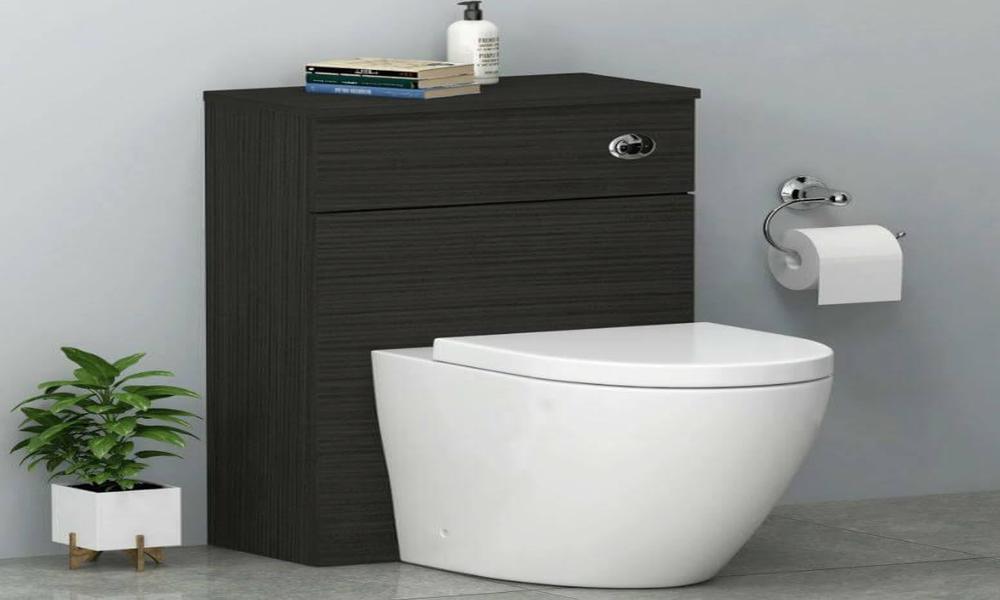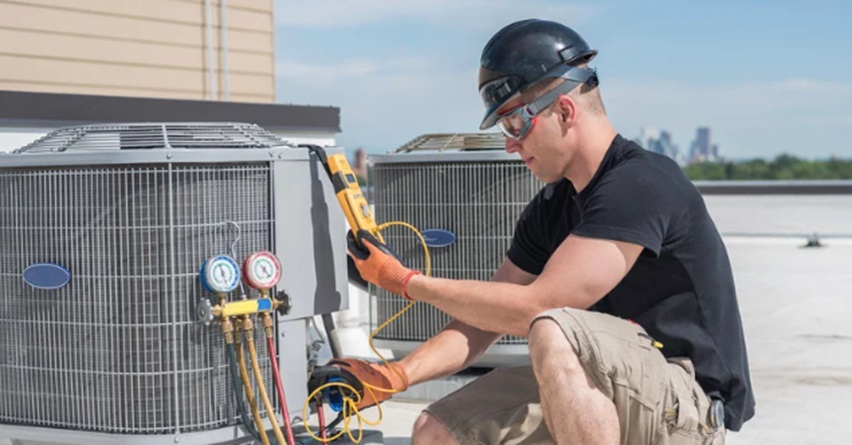Emergency Situations: During natural disasters or emergencies, toilet units are often deployed to affected areas where infrastructure may be compromised. They offer temporary sanitation solutions for affected individuals and aid in maintaining public health.
Remote Work Sites: In remote work locations, such as oil rigs, mining sites, or research stations, toilet units can be deployed to provide basic restroom facilities for employees working in isolated areas.
Mobile Businesses: Toilet units can be converted into mobile businesses, such as portable coffee shops, food stands, or retail stores. By repurposing a toilet unit, you can create a unique and eye-catching mobile business that attracts customers.
Disaster Preparedness: Keeping a toilet unit as part of your disaster preparedness kit can be beneficial. It can serve as a temporary restroom solution during power outages or other emergencies when regular plumbing might be unavailable.
Renovations and Home Improvements: When undergoing home renovations or bathroom remodeling projects, a toilet unit can be set up temporarily to ensure you have a functioning restroom while the work is being done.
The Secrets To TOILET UNIT
Placement: When setting up a toilet unit, consider its location carefully. Place it in a convenient and easily accessible area, preferably on a flat surface. Ensure it is positioned away from food service areas or other sensitive locations.
Hygiene: Promote good hygiene practices by providing hand sanitizers or handwashing stations near the toilet units. Encourage users to wash their hands after using the facilities. Regularly clean and sanitize the units to maintain cleanliness and prevent the spread of germs.
Waste management: Toilet units have waste-holding tanks that require regular servicing. Hire a professional waste management service to empty and clean the tanks as needed. Follow local regulations and tips for waste disposal.
Signage and instructions: Provide clear instructions and signage inside the toilet units to guide users on proper usage, disposal of waste, and any specific rules or regulations. This helps prevent misuse and promotes a clean and sanitary environment.
Emergency preparedness: Have a plan in place for emergencies, such as medical emergencies or severe weather conditions. Ensure that toilet units are easily identifiable and accessible to emergency responders if needed.
Why some Hate TOILET UNIT
Hygiene concerns: Some individuals may have concerns about the cleanliness and hygiene of public toilet units. They may perceive them as unclean, unsanitary, or potentially contaminated, which can lead to discomfort or aversion.
Odor: Public toilet units, especially those in crowded areas or with inadequate ventilation, can sometimes have unpleasant odors. The smell of urine or other waste can be off-putting to individuals, contributing to their negative perception.
Lack of privacy: Public toilet units often lack the level of privacy that individuals prefer. The limited space, lack of soundproofing, or the possibility of gaps in doors or partitions can make people feel exposed or uncomfortable while using them.
Maintenance issues: If toilet units are not properly maintained or cleaned regularly, it can result in broken fixtures, overflowing toilets, or dirty conditions. These issues can contribute to a negative experience for users and foster a dislike for toilet units.












